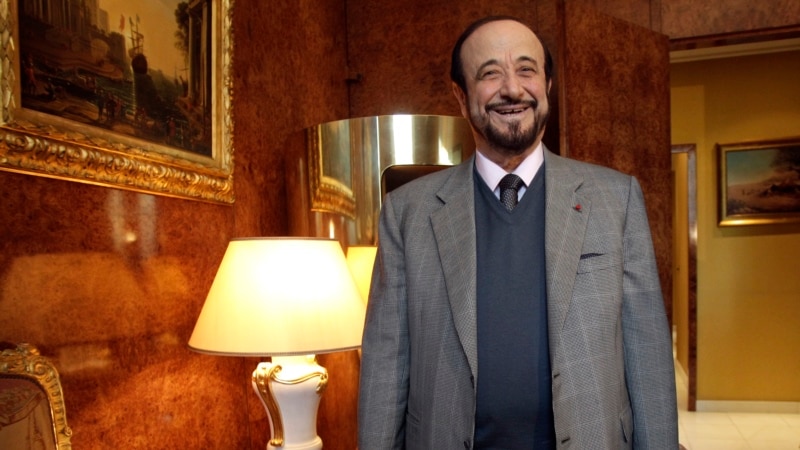Swiss prosecutors referred Rifaat Assad — the uncle of Syrian President Bashar al-Assad — for trial for war crimes and crimes against humanity that he allegedly committed as a military commander in 1982.
In a statement Tuesday, Switzerland’s attorney general’s office said Rifaat Assad, a former Syrian vice president, is accused of “ordering homicides, acts of torture, cruel treatments and illegal detentions” in 1982 when he was leading troops in the city of Hama.
According to Reuters, Assad is known by his critics as the “Butcher of Hama” for his role in suppressing an Islamist uprising in the city, a conflict Swiss federal prosecutors say caused anywhere from 3,000 to 60,000 deaths, mostly civilians.
Assad has previously denied responsibility for the deaths in Hama.
If Assad is convicted by the Swiss federal criminal court, it is unclear whether he will serve time in Switzerland. When sentenced by France to four years in prison in 2021 for illegally using Syrian state funds, he fled to Syria.
Assad lived in exile in France for more than 30 years because of an alleged overthrow attempt of his brother, but then-Syrian President Hafez al-Assad, Rifaat’s nephew, allowed him to reenter the country.
Swiss prosecutors say there is no statute of limitations for the charges of war crimes and crimes against humanity. They argue that while Assad is alive, he can be held accountable for his alleged crimes.
Swiss authorities say Assad was in Switzerland when investigators launched their initial probe.
Ribal Assad, one of Rifaat Assad’s 16 children, told The Associated Press that he didn’t know whether his father will travel to Switzerland for the trial, and that he hasn’t spoken to his father since his return to Syria in 2021.
According to Benoit Meystre, legal adviser for Trial International, there is a small chance that Assad will be present for the trial, but the indictment “in itself is a victory for all the victims” of Assad’s regime.
The war crime proceedings were initiated by the Swiss attorney general’s office in 2013, under the principle of universal jurisdiction and non-applicability of war crime statutory limitations.
The case will be presented to the federal criminal court by Swiss prosecutors in the city of Bellinzona, according to the attorney general’s office. A date was not specified.
Some information for this report came from The Associated Press and Reuters.

